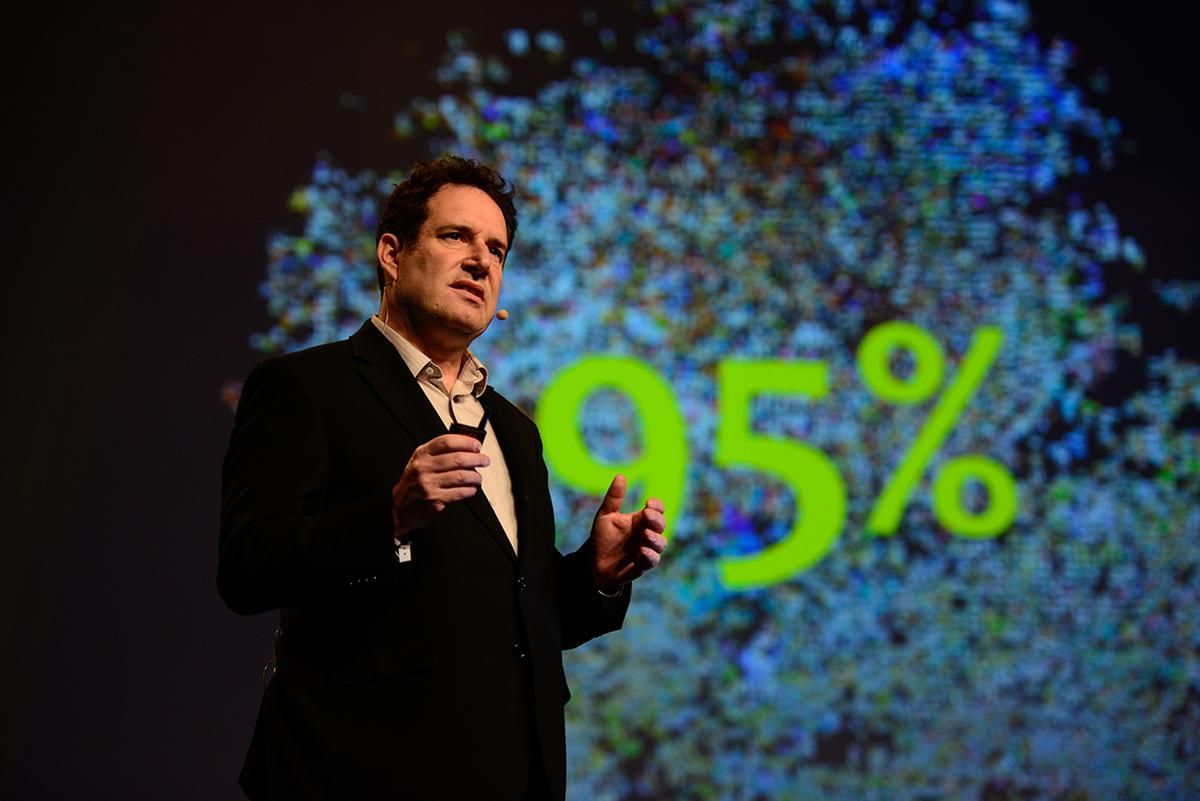The road ahead is not what you expect

With robots and artificial intelligence already having an impact on retail, where will this ultimately take us and what will it mean for retailers, their customers and the people that work in the industry?
Professor Hod Lipson, Professor of Engineering and Data Science at the Colombia University, is one of the world’s leading scientists and lecturers in robotics and AI, and one of the few people able to answer these questions. In his thought-provoking keynote, Lipson explained how these new technologies will help re-shape retailing in ways never imagined, both in the near-future and beyond.
“Today AI systems are going to change the next generation of AI, and that is the future we look forward to.” Lipson said. “AI has opened a world of possibilities for retail and the next few years will see continued enhancements to both customer experience and operations.
“AI is everywhere, it is listening to and watching you all of the time.” Lipson said. “AI is revolutionising the industry faster than ever, making it cost-effective to deliver a completely personalised, immersive and optimised experience for every individual consumer at massive scale.”
And not only retail, Lipson predicts that the healthcare system is going to change massively as well. For example, with AI being able to detect cancer many times faster than humans. “We should not underestimate the power of these machines. Research showed AI being able to track data from people’s brains, which is kind of terrifying. Who knows what else it can figure out?” Lipson said.
The way AI is being built has transformed over the past few years, with a switch from rules-driven to data-driven, which is based on statistics. “Until a few years ago, no AI system on the planet could tell the difference between a cat and a dog, nor between a car or a motorcycle.” Lipson said. “In 2011, at best, computers could get it right 75% of the time, which meant that no AI software could control a driverless a car.”
Today, self-driving cars are becoming reality. “Cars become better drivers when there are more cars on the road, as they can track data from and communicate with other vehicles.,” he said. “But what will we be doing in a car when we are not driving? This opens up a brand-new market to explore, with opportunities for retail to come up with ideas to use that time efficiently.”
)
)
)
)